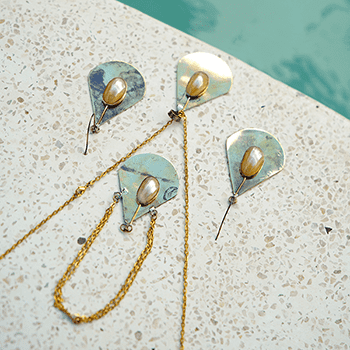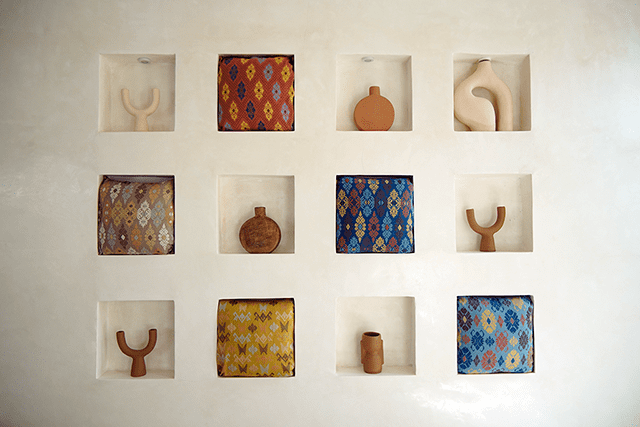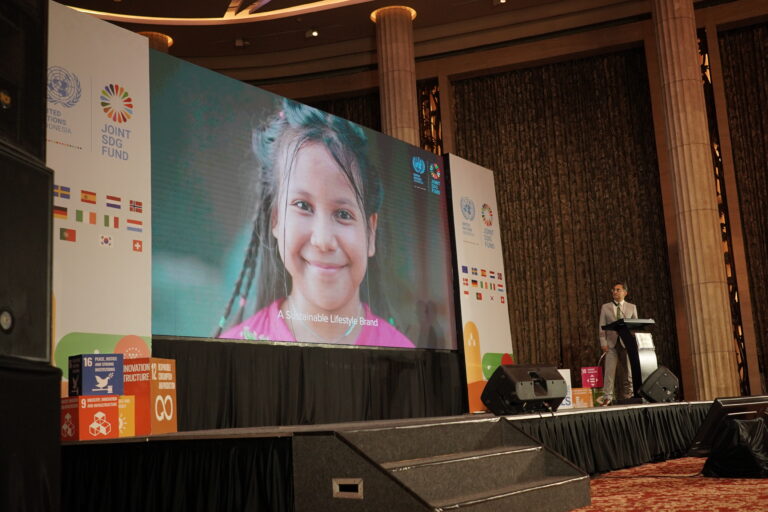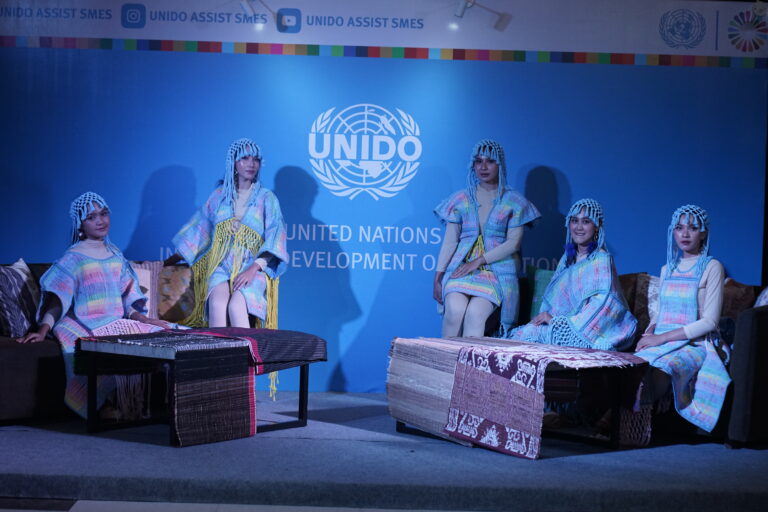My Impactful Choice!
Pioneer in sustainable collective brand that brings together various sectors
Inspire a More Sustainable Lifestyle
About Us
Inspired by Princess Mandalika
MyNyale brings forth an enchanting blend of tradition and modernity while taking into account sustainability practices.
MyNyale Collections





MyNyale proudly presents stunning handmade Jewelry collections crafted with care and a commitment to sustainability. Collaborating with talented artisans, our brand promotes the responsible use of materials like upcycled shells, mother of pearls, locally sourced South Sea pearls, reclaimed metals, and gemstones. By selecting these elements, we not only minimize our ecological footprint but also contribute to the advancement of a circular economy.





MyNyale presents an exquisite range of woven products inspired by exotic culture of Lombok. The collection is meticulously handcrafted from locally-sourced and eco-friendly materials. Every piece is thoughtfully designed to qualify fashion-forward aesthetics that also supports women-led enterprises.





MyNyale Agrifood is dedicated to sourcing fresh produce and processed food from the bountiful land of Lombok while adhering to a comprehensive sustainable farming approach. Through partnerships with local farmers, the brand promotes low-input and organic farming systems. By championing sustainable agriculture, MyNyale Agrifood not only cultivates eco-friendly products but also contributes to the well-being of rural communities and the preservation of traditional farming practices.










